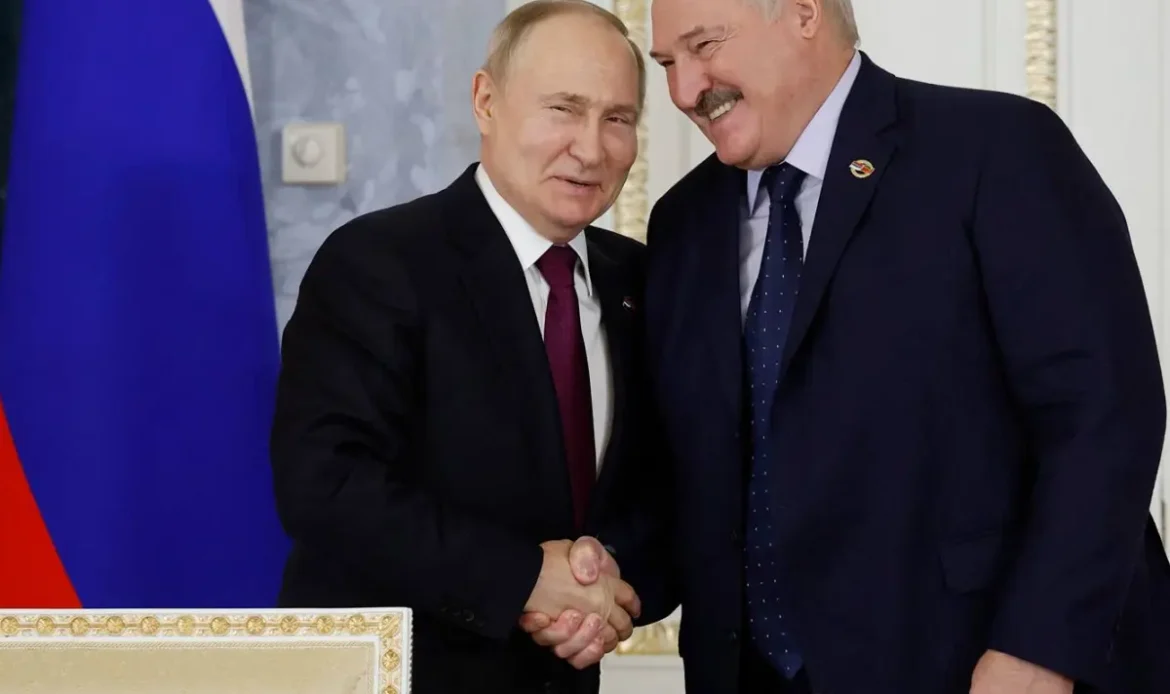Putin Submits Nuclear Weapons Agreement with Belarus to Duma
In a move that could reshape regional security dynamics, President Vladimir Putin has forwarded an agreement with Belarus to the Russian State Duma for ratification concerning the Union State’s security guarantees. Here are the key points from the agreement:
Mutual Defense: Russia and Belarus confirm that an armed attack on either member of the Union State is considered an act of aggression against the state as a whole.
Nuclear Response:
The treaty allows for the use of Russian nuclear weapons in response to conventional attacks on either Russia or Belarus if these attacks threaten their sovereignty.
Military Presence:
Russia can establish military facilities and deploy its formations on Belarusian territory as a deterrent against any aggression.
Nuclear Deterrence:
Both countries view Russian nuclear weapons as a crucial factor in preventing nuclear military conflicts and as a means of deterrence.
Collective Response:
Russia and Belarus will respond to any aggression using all available forces and means at their disposal.
Duration:
The security agreement between the Union States is set for 10 years with automatic renewal unless otherwise specified.
This agreement not only strengthens the military alliance between Russia and Belarus but also formally acknowledges the strategic role of nuclear deterrence in their defense strategy. It underscores a commitment to collective security in the face of external threats, potentially altering the balance of power in Eastern Europe.
The submission of this treaty to the Duma for ratification signals a deepening of military cooperation, raising questions about the implications for regional stability and international relations, particularly with NATO countries. As debates continue in the Duma, the world watches closely to see how this agreement will influence global nuclear policy and the ongoing geopolitical landscape.




